Why Machiavelli Matters
November 1, 2021
From Plato’s doctrine of the soul to Marx’s line of economic thought, the history of political philosophy is saturated with theories and manifestos that have shaped the political sphere as we know it. Inevitably, a divide between classical and modern thought has emerged, separating Renaissance attitudes from contemporary ones and effectively distancing the ancient from the new.
However, a unique doctrine stands at the intersection of the crossroads of the old and new—Machiavellianism. In his magnum opus, The Prince, Niccolò Machiavelli wages an ethical war between evil and morality, presenting an intriguingly realistic vision of governance against the backdrop of sixteenth-century Italy. More specifically, Machiavelli’s treatise provides a militaristic, logical approach to political leadership in the modern world by outlining the necessary evils that a good leader must possess, the importance of outward righteousness, and the immoral path that some must follow to attain and maintain legitimacy.
The beginning of Machiavelli’s treatise stresses the importance of balancing the power of law and force in political leadership by articulating the two sides of human nature that one must channel, the moral and immoral. First, Machiavelli differentiates between animals and humans by stating that the former plays “by the laws,” whilst the latter resorts to force more often than not. He then asserts that a good leader must possess traits of both the fox and the lion; in other words, to have the attentiveness to root out bad actors while scaring them off by intimidation and fear.
Machiavelli then introduces concepts of outward and inward morality, stating that a good leader will govern with, at the very least, a facade of princely virtue and integrity. Founded on the assumption that not all men act virtuously, he states, “a leader doesn’t have to possess all the virtuous qualities I’ve mentioned, but it’s absolutely imperative that he seems to possess them,” distinguishing between one’s outward and inward righteousness. This is demonstrative of the Machiavellian view that a carefully crafted facade is fundamental to the maintenance of power and public favor. Furthermore, he argues that a leader’s moral compass is often subject to change and stresses the importance of having the capacity to shift from moral to immoral ideals “when the occasion demands.”
In the latter chapters, Machiavelli shifts focus to the attainment of legitimacy and sovereignty, providing justifications for the exploitation of human nature to maintain power. Machiavelli establishes that it is human nature to focus on achievements and results; “So if a leader does what it takes to win power and keep it, his methods will always be reckoned honourable and widely praised,” he remarks, ultimately crystallizing the idea of practicing evil for the greater good of the public. Regarding any dissenters that may disrupt the status quo, Machiavelli argues that they will be silenced so long as there is an undisputed majority, further pushing the narrative of a form of governance that depends on the current nature of a state.
The conflicting concepts of malevolence and morality in a leader are profoundly explored in The Prince through Machiavelli’s characterizations of a good leader—that of which is constituted by the necessary evils one must possess, the appearance of virtue and morality, and the exploitation of human nature in order to maintain legitimacy. Although he presents a perspective on modern governance that some may regard as overly cynical or dismissive of fundamental moral principles, the treatise also addresses the significance of public morale.
Thus, Machiavelli’s perspective is not entirely riddled with romanticization of power abuse; rather, he also integrates humanistic approaches that must also be taken alongside one’s calculated path to leadership. Though the ethics of such calculated actions may seem morally grey, it is more than clear that the Machiavellian school of thought has revolutionized modern political theory, offering a highly realistic discourse on governance within an era that was upheld by religiosity and idealism.
After all, as we watch political actors on today’s world stage navigate the unprecedented circumstances of COVID-19, or debate the ethics of continued fracking, it is the timeless Machiavellian question that we ask: Does the greater good justify immoral acts?

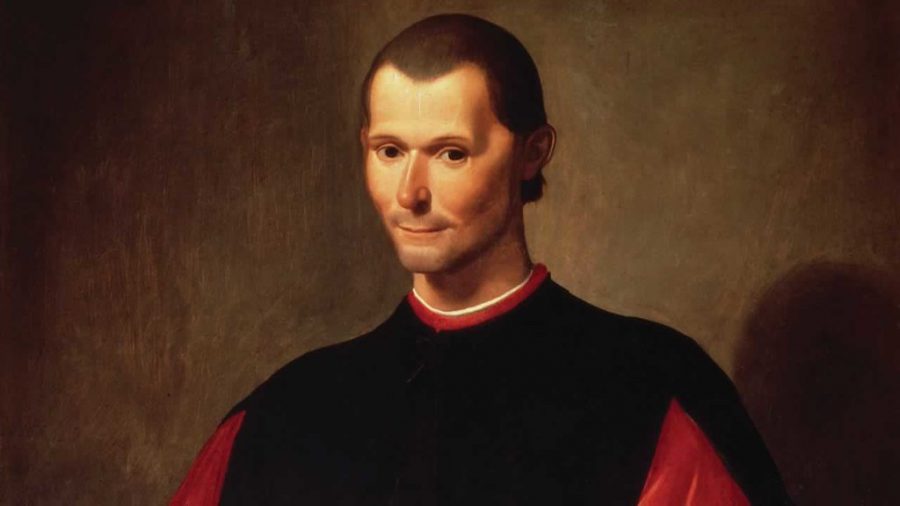












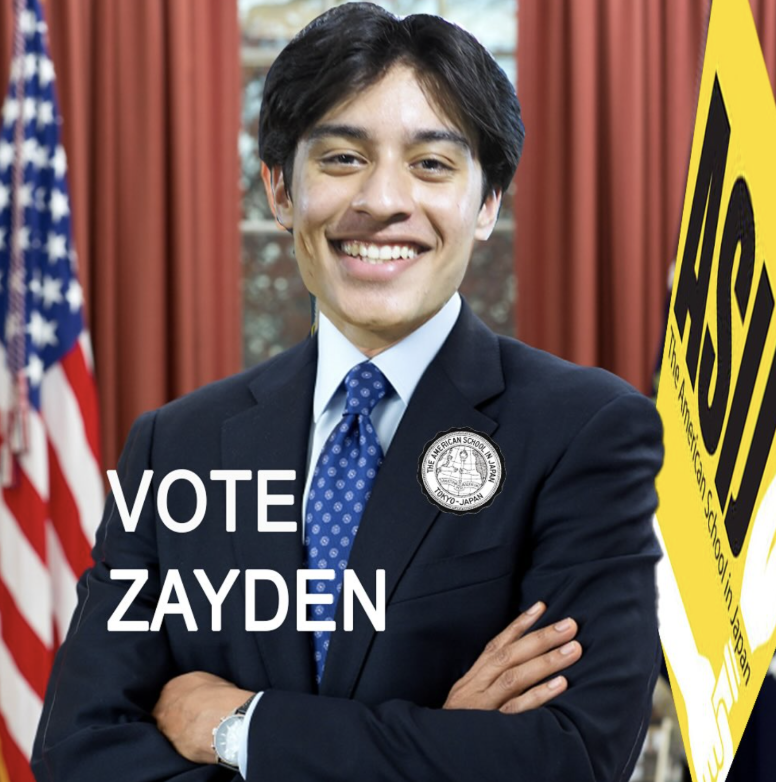
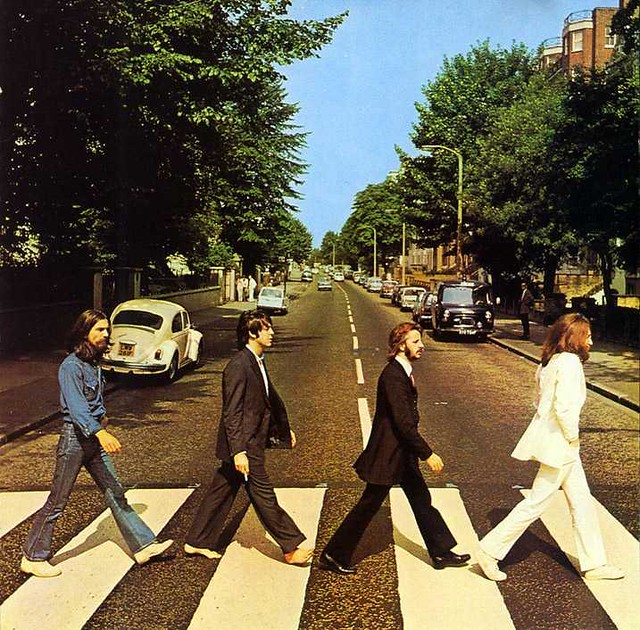

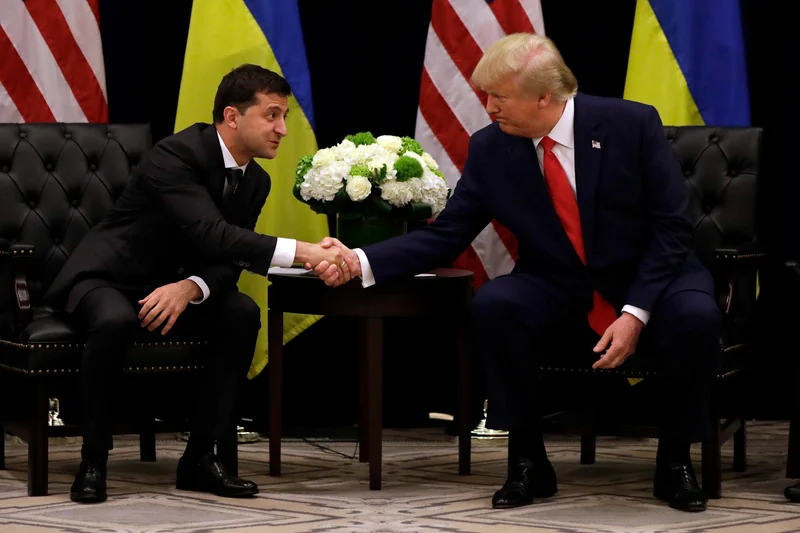


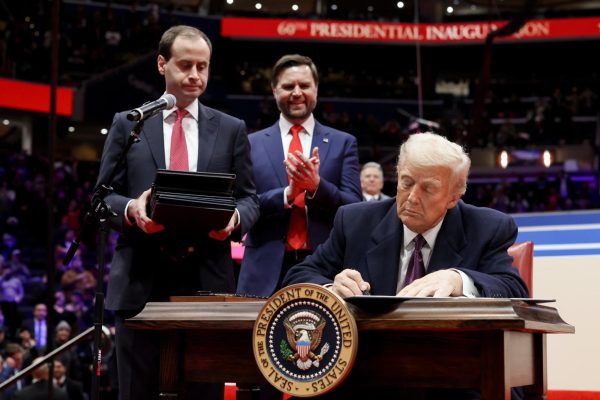
Nina K • May 31, 2023 at 10:55 AM
Such an insightful analysis of Machiavelli’s ideologies! It was especially interesting to read about Machiavelli’s influence in the Renaissance period and modern political theories!